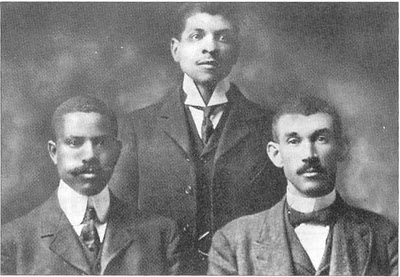 |
| Jirga with Kaniguram in background. From the R. B. Holmes Afghan War Photographs, 1919. |
The harsh and beautiful landscape of Afghanistan has been the site of many conflicts, including the Anglo-Afghan Wars of the early 20th century. The RBMSCL’s Archive of Documentary Arts has recently acquired a collection of 34 black-and-white prints of the 1919 war taken by British photographer Randolph Bezzant (R. B.) Holmes, who owned a photography studio in Peshawar, Pakistan. The majority of these well-preserved, highly detailed, and skillfully composed images depict large British military camps and vast landscapes, sometimes with camel caravans or military convoys. Some scenes show the remains of villages, military features such as towers, and religious structures. The landscape views include the Khyber Pass, Tanai Gorge, Kabul River, and Khargali Ridge. Military camp views, many in grand panoramic scale with fine detail, include Landi Khana, Dakka Plain, and Landi Kotal.
For more information about the collection, take a look at the collection guide. If you’d like to arrange a visit to view the collection, or if you have any questions, please e-mail us at special-collections(at)duke.edu.
Post contributed by Tim Pyatt, University Archivist and Associate Director of the RBMSCL







